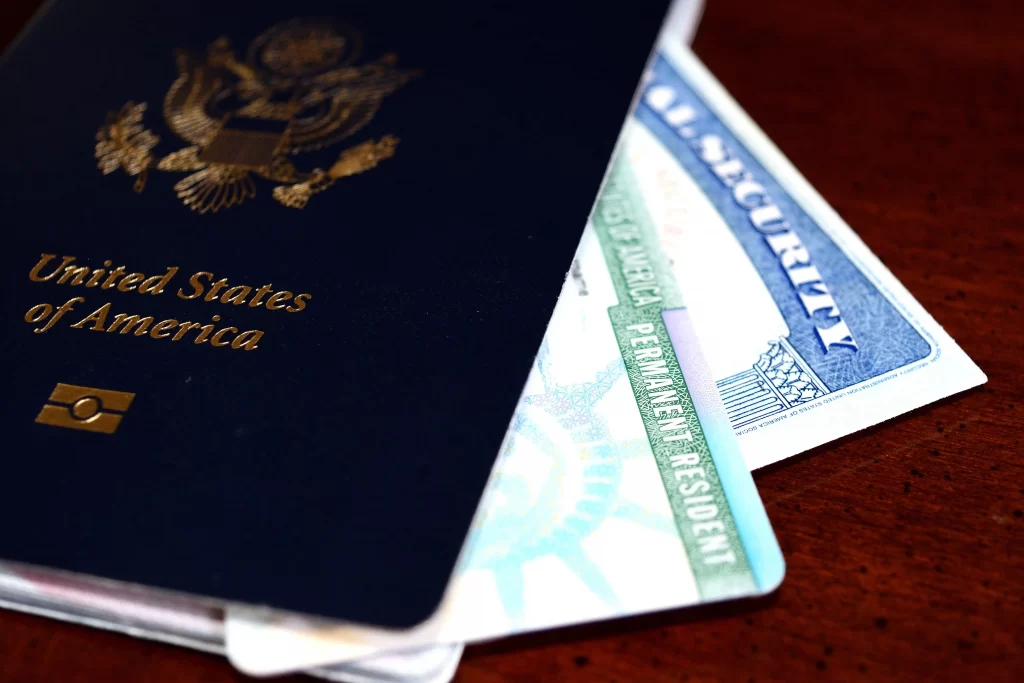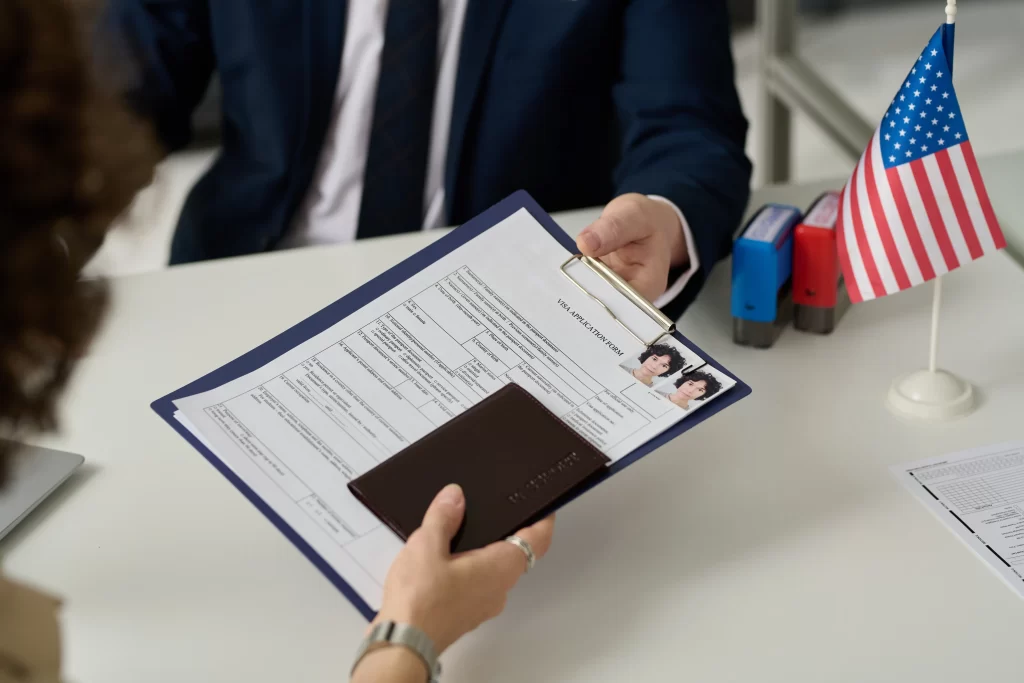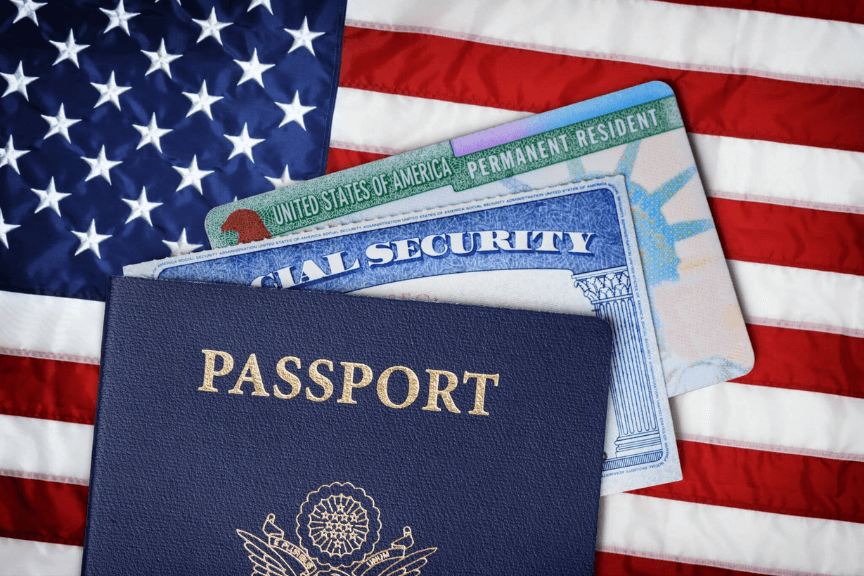Blog
Related Articles

Inmigration laws
5 Immigration Myths in 2025
In 2025, the immigrant community is facing not only stricter immigration policies but also a wave of...
 María Mendoza
María Mendoza
Published: August 22, 2025

Inmigration laws
Risks related to using US citizen documents being an immigrant
These risks are not just related to using US citizen official documents to enter the country but als...
 María Mendoza
María Mendoza
Published: April 10, 2023

Inmigration laws
Returning lawfully to the United States after deportation or unlawful presence.
Returning lawfully to the United States after a deportation order or unlawful presence can be a comp...
 María Mendoza
María Mendoza
Published: February 23, 2024

Inmigration laws
Exploring the I-601A process: An option to regularize your immigration status
Hola mi gente, everyone! Attorney María Mendoza here. Today, we'll be discussing one of the m...
 María Mendoza
María Mendoza
Published: December 12, 2024

Inmigration laws
Humanitarian visas remain valid, check official sources!
Hello, I am Attorney María Mendoza. Recently, there has been news circulating on social media...
 María Mendoza
María Mendoza
Published: February 13, 2025